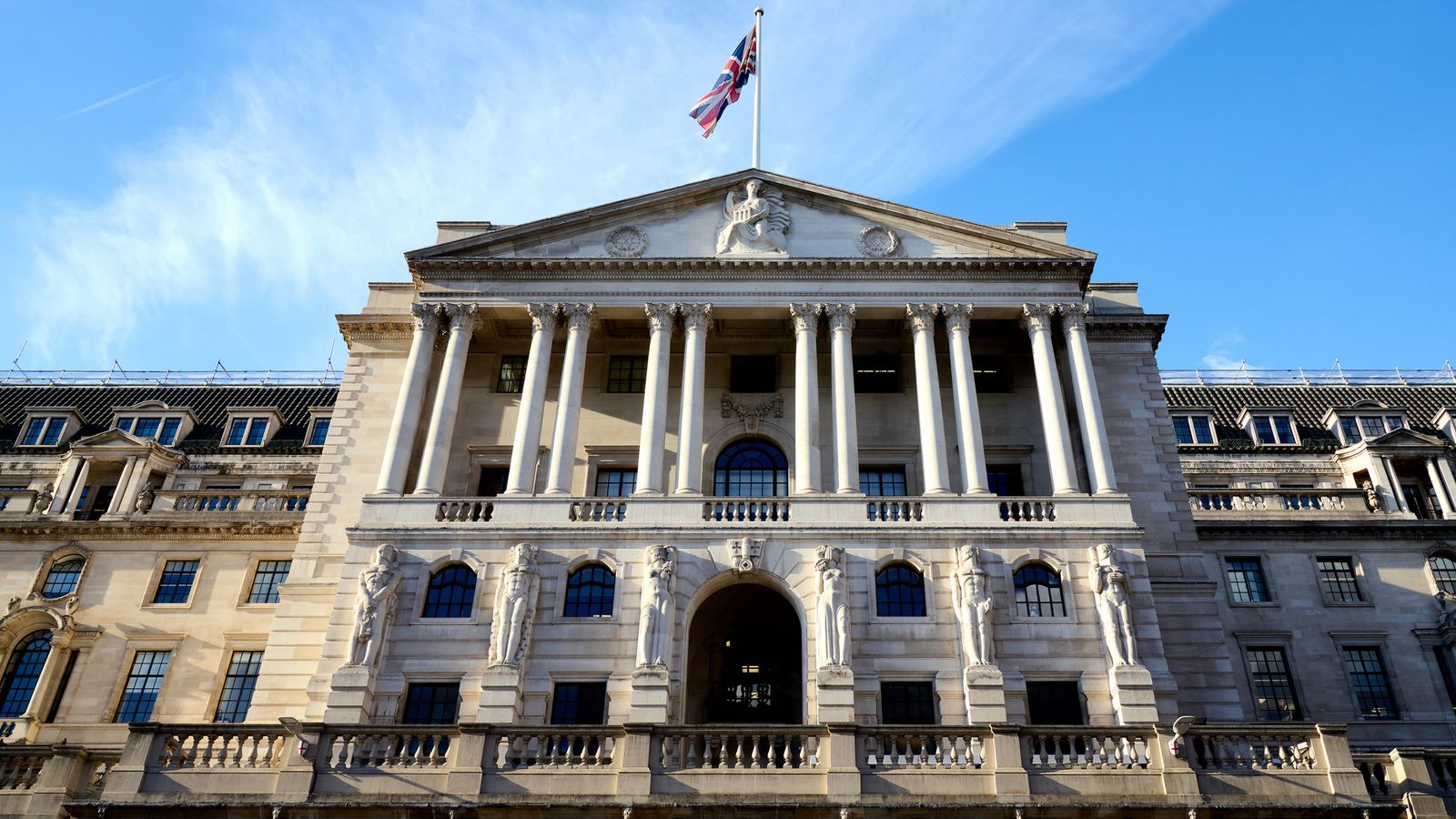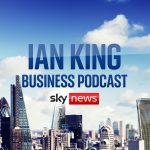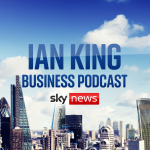For some reason which no-one can quite remember, when economists talk about interest rates they invariably find themselves referring to species of birds.
They call those who are broadly in favour of lower interest rates “doves”. Those who are keen on higher borrowing costs are “hawks”.
Analysts in the City of London draw up diagrams of the nine members of the Bank’s Monetary Policy Committee, denoting how many of which bird there are at each meeting.
Money latest: Reaction to Bank of England’s interest rate decision
Those who invariably lean towards higher rates are perma-hawks or uber-hawks and those on the other side are perma-doves; an announcement which surprises in one direction is “dovish” or “hawkish” and so on and so forth.
At the last meeting there were two hawks on the committee (Catherine Mann and Jonathan Haskel, who both voted for an increase in rates), and one dove (Swati Dhingra, who voted for a cut). Two hawks versus one dove. The rest of the committee voted to leave rates on hold and that was that.
This time around the hawks fled the tower (if that is the appropriate terminology), with both Mann and Haskel voting not to increase rates but to leave them on hold. That leaves one dove.
Bank of England keeps interest rate at 5.25% but cut moves closer
Money blog: Bank of England voting hints change is coming as rate held at 5.25% – savers urged to act now
Women affected by change in state pension age ‘are owed compensation’, report finds
In other words, in the Kremlinology of interest rates, all of a sudden an interest rate cut is looking that bit closer. Right now markets reckon it could come as soon as June, and some economists think there’s an outside chance of it arriving in May. It’s just a question of how quickly the neutrals turn dovish.
The pound fell slightly after news of the vote (8-1 in favour of holding interest rates at 5.25%).
Read more:
Bank of England keeps interest rate at 5.25% but cut moves closer
Be the first to get Breaking News
Install the Sky News app for free
And all of this silliness about birds belies a more straightforward, less avian, story. Inflation – the main thing the Bank is targeting – is dropping.
This doesn’t mean, as you’ll already know, that prices themselves are falling; they remain stubbornly higher than they were a few years ago. However they are at least rising less quickly, and that is what the Bank cares about.
Come April, inflation could even be down to the Bank’s 2% target.
Other central banks around the world are also poised (the Federal Reserve and European Central Bank) to cut rates and some (the Swiss National Bank) have already done so. And like many birds, the Bank of England tends to move with the rest of the monetary flock.
All of which is to say, it might have looked as if nothing happened today. And in one sense that’s true. Like a swan gliding across the water, the Bank seems on the surface to be doing very little.
But beneath the surface the legs are kicking, manoeuvring and preparing the ground for lower interest rates. And that’s quite enough bird analogies for one day.






















